Let’s talk about something nobody really warns you about until it happens: tooth pain after a root canal. If you’re googling this with your cheek aching, maybe feeling a bit anxious, you’re in the right place. First things first—you’re not the only one who’s wondered, “Is this supposed to hurt? Like, a lot or a little? And for how long?!”
I get it. The whole point of a root canal is to fix tooth pain, right? So, why does it sometimes feel like you just traded one pain for another? Hold on, because we’re about to dig deep—but in a way that’s easy, real, and actually helpful. I’m here to walk you through what’s normal, what deserves a closer look, and, maybe most important, how you can actually get back to eating, smiling, and, you know…living your life without grimacing every time you bite down or sip something cold. So let’s get real about root canal pain, nerves and all.
So, Why Does Tooth Pain Even Happen After a Root Canal?
You’ve just had a root canal. Maybe your dentist made it sound like a quick in-and-out, and now…ouch. If you’re like most people, you’re probably second-guessing every throb, twinge, or weird numb sensation. Here’s the short version: pain after root canal is actually pretty common. In fact, it’s a sign your body is healing, not falling apart.
What Actually Happens During a Root Canal?
Imagine your tooth like a little house with wires running through it (that’s the dental pulp—tiny nerves and blood vessels). Sometimes, those “wires” get infected or inflamed, making your tooth feel like someone’s set up a disco of pain in your mouth. The dentist goes in, cleans everything out, removes all the bad stuff, and fills it up so it won’t happen again.
Sounds simple, but your body doesn’t always get the memo right away—sometimes it needs time to realize it’s safe to stop hurting.
So…Why the Pain?
Picture this: your tooth’s just been through “surgery,” even if it didn’t feel as dramatic as, say, a knee operation. A bit of swelling and soreness is actually your body’s healing process at work. Inflammation, irritation, your jaw feeling tired—totally normal for 1-3 days. But there’s also that classic “why does it hurt more when I bite after a root canal?” moment. That might just be sensitivity or your bite isn’t settling just right yet. Good news: it usually calms down pretty fast.
BUT…Is Throbbing Pain After a Root Canal Normal?
Yes…and no. A little throbbing or aching is normal, especially after the numbing wears off. Your tissues need to chill, literally. But if you’re dealing with unbearable pain after root canal that keeps you awake at night, or it feels worse than before the procedure, it’s time to call your dentist. We’ll get to the red flags in a sec—hang tight.
How Long Does Tooth Pain Actually Last After a Root Canal?
This is the question that haunts everyone: how long does pain last after a root canal? Here’s the honest answer—it depends.
Let’s Break Down the Typical Recovery Timeline:
| Time After Root Canal | What’s Normal | What’s Not |
|---|---|---|
| First 24-48 hours | Mild to moderate throbbing, tenderness, jaw stiffness, sensitivity, a little swelling. | Severe facial swelling, fever, pain that gets dramatically worse. |
| 3-5 days | Pain tapering off, easier to chew, still a bit of tenderness. | Persistent severe pain, especially when biting or at night, swelling not subsiding. |
| 7 days+ | Minimal to no discomfort, just little reminders it happened. | Shooting pain, “tooth pain after root canal when biting,” odd sensations, or lingering sensitivity—especially with your crown or temporary filling. |
Here’s something nobody tells you: most people feel dramatically better within two to five days. I had a root canal once where the throbbing was more annoying than anything else, gone by day three, but I’ve also heard stories from friends who couldn’t comfortably bite down for a week. Both are normal. What matters most is that pain gets a little better each day. If it’s getting worse or you can’t sleep from it? That’s a sign to give your dentist a call.
Root Canal Recovery Time Off Work (and Life in General)
Most people can work or go to school the day after a root canal if they feel okay. Some folks—especially if you have a job that’s all about talking or physical labor—prefer to give themselves a “buffer day.” You won’t need weeks off, promise, but do yourself a favor and avoid that epic steak dinner on day one.
Root Canal Recovery Time Eating—What Can You Actually Eat?
I get it; the second you leave the dentist, all you want is comfort food. If you’re wondering about root canal recovery time eating: go for soft, lukewarm foods for the first day or two—applesauce, scrambled eggs, yogurt, mashed potatoes. Avoid anything that’s super hot, icy, crunchy, or sticky (unless you like playing “find the missing temporary filling” under your table).
Quick Eating Tips for Smoother Recovery:
- Chew on the side opposite the treated tooth for the first few days.
- Take it slow. Small bites, gentle chewing. Think baby bird, not T-Rex.
- Skip popcorn, nuts, or hard candies until your final crown is placed.
Read more: Root Canal Recovery Time: How to Heal Fast
When Tooth Pain After Root Canal Isn’t Normal Anymore?
Okay, let’s get to the “don’t-ignore-this” stuff. Pain is a helpful signal, but sometimes it’s also a warning bell.
Red Flags: Signs You Need to Call the Dentist ASAP
Look, nobody wants to be a drama queen, but sometimes pain means there’s a real problem. If you have unbearable pain after root canal that’s relentless, pain that wakes you up at night, visible swelling in your face or neck, or you start feeling sick (fever, chills, trouble breathing), it’s not “just normal.” Call your dentist right away.
Another sneaky one is “tooth pain after root canal when biting.” If every time you chomp down it feels like lightning in your tooth, there could be a high spot on your filling/crown, or an infection left behind. It’s fixable, but only if someone takes a look.
Other Not-So-Normal Scenarios:
- Severe pain after root canal temporary filling: Sometimes the temporary material can get dislodged, or food sneaks inside the tooth. If it happens, don’t wait for your next appointment—contact your dentist.
- Tooth pain after root canal and crown: Crowns protect the tooth, but if pain continues or gets worse after the crown is placed, your dentist may need to adjust your bite or re-check for infection.
- Nerve pain after root canal, ear pain after root canal: Sometimes, nerves close to your jaw can be irritated, or the pain can radiate to your ear. This is another one to bring up with your dentist if it lingers.
Don’t tough it out—your dentist really does want to help you feel better, not just send you home to suffer in silence.
How to Relieve Tooth & Jaw Pain After Root Canal
The Chill At-Home Approach
Sometimes, you just need a bit of comfort to get through those first couple of days. Want to know how to stop throbbing pain after root canal, or even how to relieve jaw pain after root canal? Here’s what actually helps (and what doesn’t require a medical degree):
- Over-the-counter pain meds (like ibuprofen or acetaminophen)—trust me, they do wonders for most folks. Always follow directions and ask your dentist if you’re not sure what’s okay for you.
- Cold compresses on the outside of your cheek (20 minutes on, 20 minutes off). It’s old-school but weirdly soothing.
- Rest your jaw. No marathon phone calls or epic chewing sessions. Your jaw will thank you.
- Gentle rinsing with warm salt water after eating—keeps the area clean and happy.
- Sleep with your head elevated if you notice swelling—it helps keep things from puffing up more.
Do You Get Pain Meds After a Root Canal?
It’s common to be sent home with a prescription for stronger painkillers, but most root canal recovery is just fine with non-prescription meds, according to expert advice from the American Association of Endodontists. If your dentist thinks you need something more, they’ll let you know. The point is—if you’re relying on serious painkillers for more than two or three days, that’s not typical. Don’t be shy about following up if things feel worse instead of better.
How Long Can Pain Linger—Will It Ever Go Away?
In rare cases, some mild sensitivity may linger for a few weeks (especially if it was a particularly tricky root canal). But steady, severe, or shooting pain is not normal and shouldn’t be ignored.
Expert Insights: What Root Canal Recovery Really Looks Like
Let’s get personal for a sec. I’ll never forget the panicked text from my friend Sarah, fresh out of her first root canal: “Why do I still feel like I got punched in the face?!” She was convinced something had gone horribly wrong. Luckily, by the third day, she was back to laughing… and cautiously eating nachos. That’s real recovery—ups, downs, a little patience, a little “am I being dramatic?” (You’re not.)
And if you want a professional take (because, yeah, Google can only reassure you so much), dentists say this: Most post-root-canal pain is about healing, not failing. There are a ton of little nerves and tissues that need to settle, just like a sprained ankle might moan and groan for a bit even after you’re “better.”
Read more: 10 Proven Tips to Stop Throbbing Pain After a Root Canal
Common Myths—And Why You REALLY Don’t Need to Panic
- Myth: If it hurts after ten days, something is terribly wrong.
Truth: Sometimes, it just takes a little longer, especially if there was infection. But always check with your dentist if you’re worried. - Myth: You’ll never eat “normally” again.
Truth: You’ll probably be back to crunchy veggies or even steak sooner than you think. Just wait for that permanent crown and be gentle at first.
Conclusion: Listen to Your Pain—But Don’t Let It Freak You Out
So—deep breath. Tooth pain after root canal is usually your body talking, not crying for help. For most folks, it fades within a few days to a week, maybe two if you’re unlucky. What matters is how the pain changes: easing up day by day means you’re on the right track. Rampant, wild pain? That’s your sign to check in with the dentist who helped you get this far.
You’re not being a wimp if you’re uncomfortable, or if you’re worried—recovery is different for everyone. Go easy on yourself, eat soft foods, treat yourself to extra Netflix (you’ve earned it), and don’t be shy about asking your dentist for reassurance. What’s your experience been like? Ever surprised by how much—or how little—your tooth hurt days later? Share your story, or your worries, in the comments. And if you’ve got questions, ask away. We’re all just trying to get through recovery one bite (and laugh) at a time.

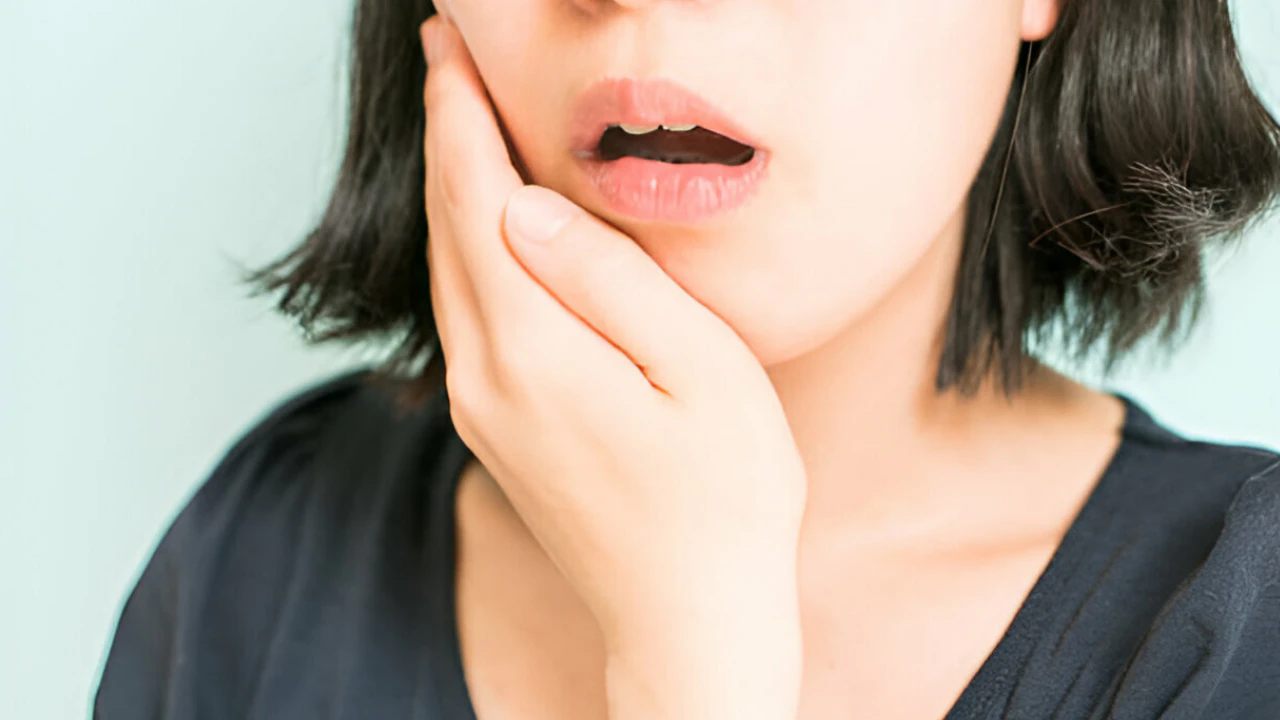
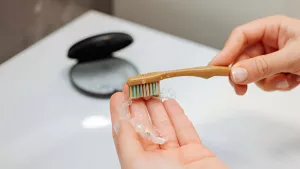
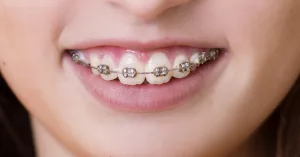
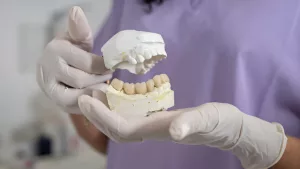
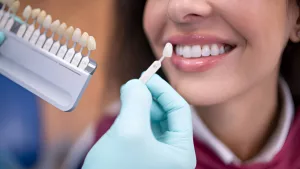
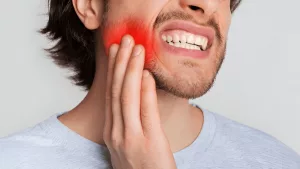
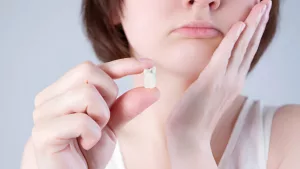

















Leave a Reply
You must be logged in to post a comment.